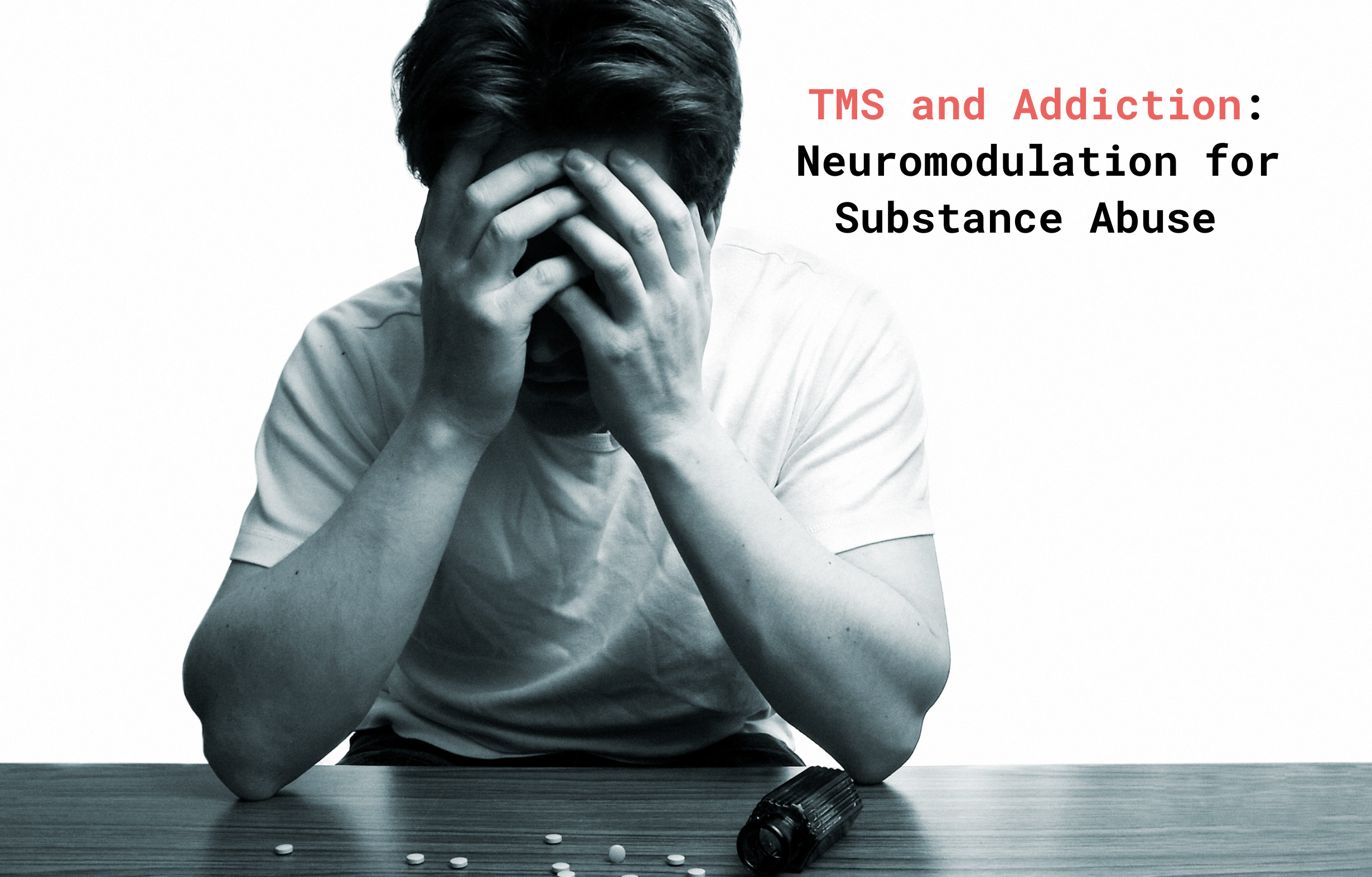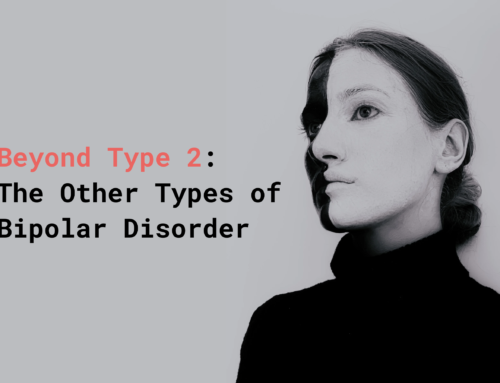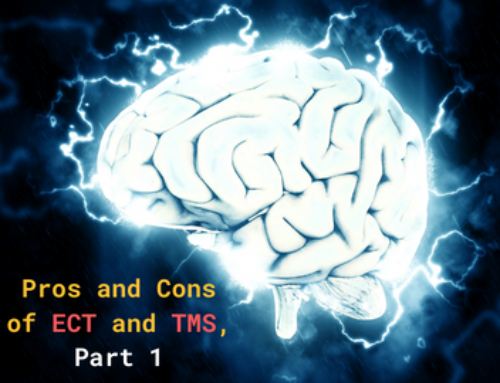TMS and Addiction: Neuromodulation for Substance Abuse
Addiction/substance abuse and depression walk hand in hand. Many times, it’s impossible to tell which came first, but that point can be moot, as the two quickly mesh. Substance abuse and depression make each other stronger; a pair of destructive best friends. Today, we’re going to take a look at how brain stimulation can be used as a form of neuromodulation to help patients fight substance abuse and achieve remission for depression. We’ll use “addiction” and “substance abuse” interchangeably.
But first, why are depression and substance abuse so friendly with each other? Shame and guilt often accompany both abuse and depression. Being addicted itself can make one depressed. The effects of the patient’s drug(s) of choice can include a low mood, whether as a side effect or part of the intoxication, particularly if the patient is using as a form of maintenance, not pleasure-seeking. Both depression and addiction often interfere with relationships, with others and the patient’s own self. Habits and behavior patterns change, and with them one’s world. Substance abuse and depression can both have a negative effect on finances, whether that be difficulty keeping a job, supporting a habit, or irresponsible spending on other goods and services. Other physical consequences, like sleep disturbances and disordered eating, are known to accompany substance abuse and depression.
The brain is an evolving organ that changes based on sensory input, a phenomenon called neuroplasticity. Neuromodulation is how science guides that process. Transcranial magnetic stimulation (TMS) is the neuromodulation method we offer at Rochester Holistic Psychiatry. Currently, we can use TMS on major depressive disorder (MDD) and obsessive-compulsive disorder (OCD). TMS is also being studied for use against a variety of other issues, like nicotine addiction.
We’d like to quote the National Center for Biotechnology Information (NCBI) about brain stimulation as a method of neuromodulation.
“Substance abuse is one of the most prevalent and costly health problems in the world today. Standard medical therapy is often not curative, and relapse is common. Research over the past several decades on the neural underpinnings of addiction has implicated a network of structures within the brain shown to be altered in patients with substance abuse. The field of neuromodulation aims to utilize this knowledge to treat dysfunctional circuits by targeting and modulating specific brain circuits. (…) Several neuromodulatory techniques and brain targets are currently under investigation in patients with various substance abuse disorders.”
Overcoming addiction while pursuing remission from a depressive disorder is a difficult task. It takes a lot of time and work, and trying to do it alone is highly inadvisable. Even if the patient is typically a private person, the help of medical professionals is necessary to find the most effective means of treatment, avoid harm, and maintain consistency. Someone’s needs will evolve, and medical professionals have access to resources that the patient cannot get on their own.
One of the major issues that prevent many depression and substance abuse sufferers from seeking help is the stigma. We’re working toward ending that stigma, and we know that though it’s difficult, patients must be candid with their doctors. Their purpose is not to judge you, but to help you achieve a better quality of life.
Talk to us about how we can help by contacting us on our website or by calling (585) 442-6960. If you or a loved one is having a crisis, please call the SAMHSA hotline at 1-800 662-HELP (4357).





